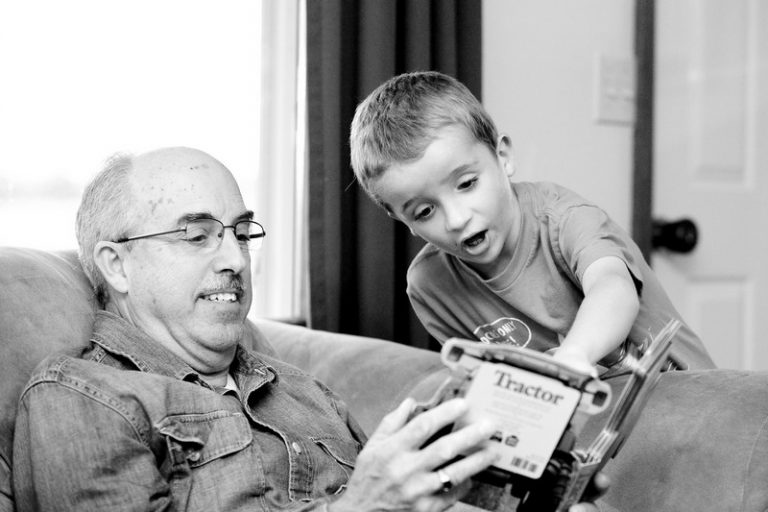
Foster care is a way to support families, not a substitute for parents.
The term “foster care” often evokes an image of a houseful of young children running wild.
In reality, you may be living a few doors away from a foster home and not even know it.
Foster parents can be married or single, men or women, young or old, working or retired. Some families foster one child at a time, while others may have a set of siblings, or several unrelated children. As a foster parent, we are able to request specific ages or genders of the children who come into our home.
Does a foster parent replace the biological parent?
The foster parent is not intended to replace the biological parent.
By agreeing to care for a child for a limited amount of time, we are supporting the biological parent. They may need to learn how to be a better parent, overcome an addiction, or find suitable housing and community support.
The goal of foster care is almost always reunification with the biological parent. The foster parents work with the agency to make sure that the child has visits with the bio parent. In some cases, the foster parent actively serves as a support to the biological parent.
The most rewarding outcome of foster care is when the bio parent does the work required to reunify with his or her child. When that happens, it’s a true celebration and a “win” for everyone involved.
If you have ever had the thought “I’d love to be a foster parent but…” rest assured that we all started that way.
The idea of fostering can be scary because there are so many unknowns. You’ll find that if you speak with a foster parent, the unknown isn’t really that scary. Children are children, no matter what their circumstances are. They crave love and feeling safe and well cared for, just like we all do.
If you’d like to talk more about fostering, please contact us. We can provide answers to your questions about the process of becoming a licensed foster parent




